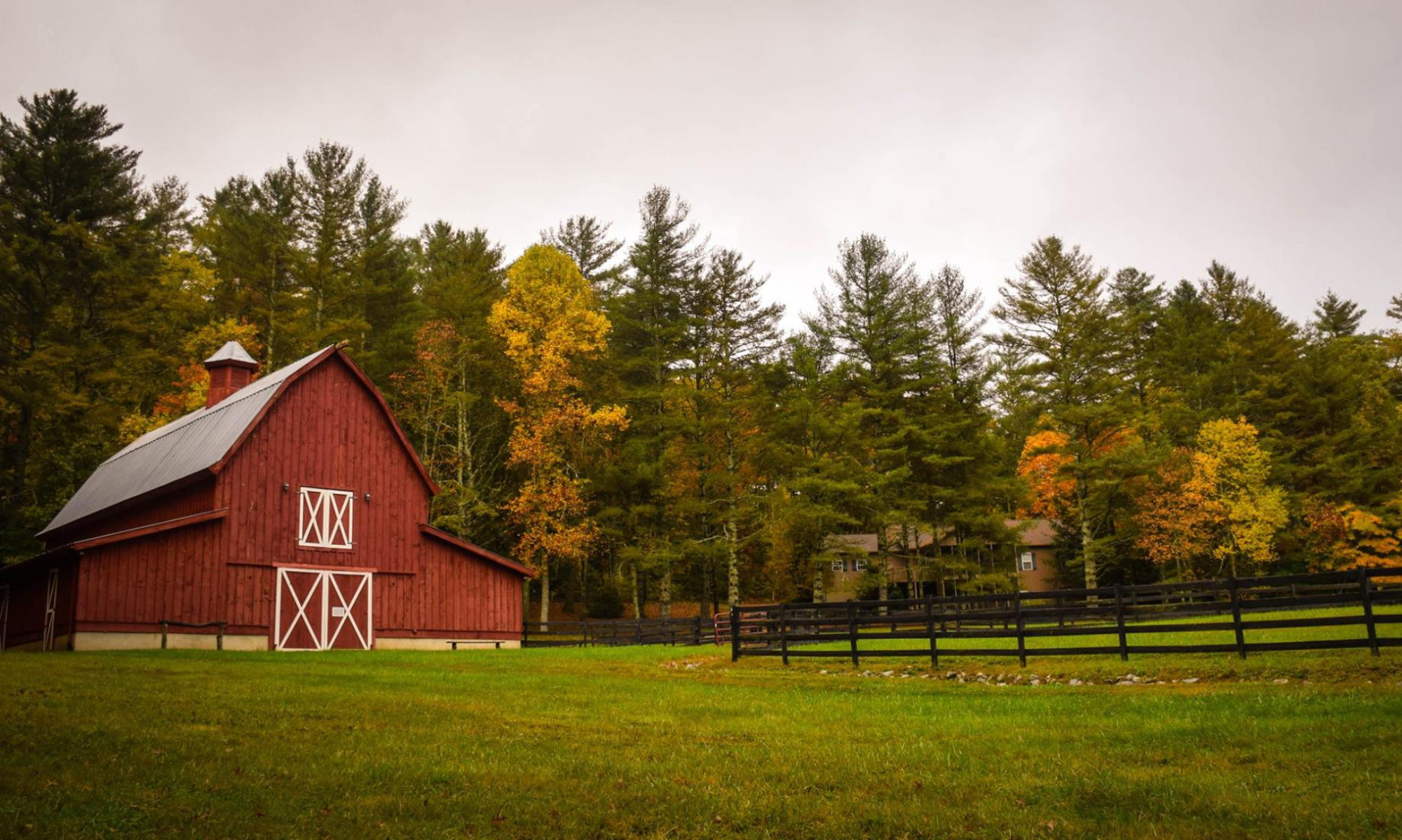From the Brownfield Ag Network.
Vertical integration protecting against bird flu
Because nearly all commercial poultry production in the United States is company-managed — a system known as vertical integration — production processes are safer and more efficient, said Todd Applegate, Purdue Extension poultry specialist. […]
“The poultry industry is the most vertically integrated of all of our livestock industries,” Applegate said. “As we try to reduce the risk of bird flu in this country, having full control over the entire production process is probably a good thing.” […]
While wild fowl carrying the virus could enter the U.S., it is unlikely those birds could come in contact with chickens and other commercially raised poultry, Applegate said. In vertically integrated companies, poultry are carefully monitored to ensure optimum health and production quality, he said. Biosecurity measures are tight throughout the production process, especially on the parent farms and hatcheries, Applegate said. […]
Ops. He forgot to mention that the reason these operations are so “carefully monitored” and require such “tight biosecurity” is that if a bird flu outbreak did occur within the U.S. poultry industry the extreme confinement of animals will contribute significantly to the challenge of reigning the disease in.
In fact the high level of concentration (just four companies control over 50% of US poultry production) is in part to blame for the emergence of this new strain of bird flu.
Emergence of variant strains of both infectious bursal disease and avian bronchitis viruses add to the problems of selecting appropriate vaccines and programs for administration. It is evident that a high concentration of poultry in close proximity allows dissemination of variants. Within three years of the emergence of the Delaware variants of IBDV, virtually the entire industry east of the Mississippi was affected with these strains. There was evidence that the Delaware IBD viruses are now the predominant serotypes in Central America, requiring adjustment of both parent and broiler vaccination programs.
The Washington Post wrote as early as February of this year that the growing concentration in South East Asia poultry production is contributing to the spread of bird flu.
[With] chickens now packed into farmyards alongside other livestock, international health experts warn that conditions are set for a bird flu pandemic that could kill millions worldwide if the virus developed into a form capable of spreading among humans.
Writing in response to the Post, Applied Anthropologist Robert Nigh wrote the following for the Effect Measure blog.
The picture that is emerging, though, is that the rapid development of the confined poultry industry and associated technological changes and export trade has resulted in the appearance and rapid propagation of new, highly virulent strains of poultry diseases, some of which affect humans. These new strains not only represent a major threat to the future of poultry production but have resulted in serious potential threats to human health with very high costs for society.
The solution to this problem is not more of the same, i.e. more high tech solutions, drugs, “biosecurity ” and ” best practices ” applied to confined poultry operations, but rather to reverse the trend, back up from this dead end, abandon large chicken confinements and return to decentralized production in small flocks widely distributed in the countryside. This also implies that long-distance, ” global ” trade in poultry products would be largely abandoned.
Such conclusions may fall outside of Purdue Extension poultry specialist’s preview, but these conclusions are likely more palatable in the long run than any increased biosecurity measures can ever be.





